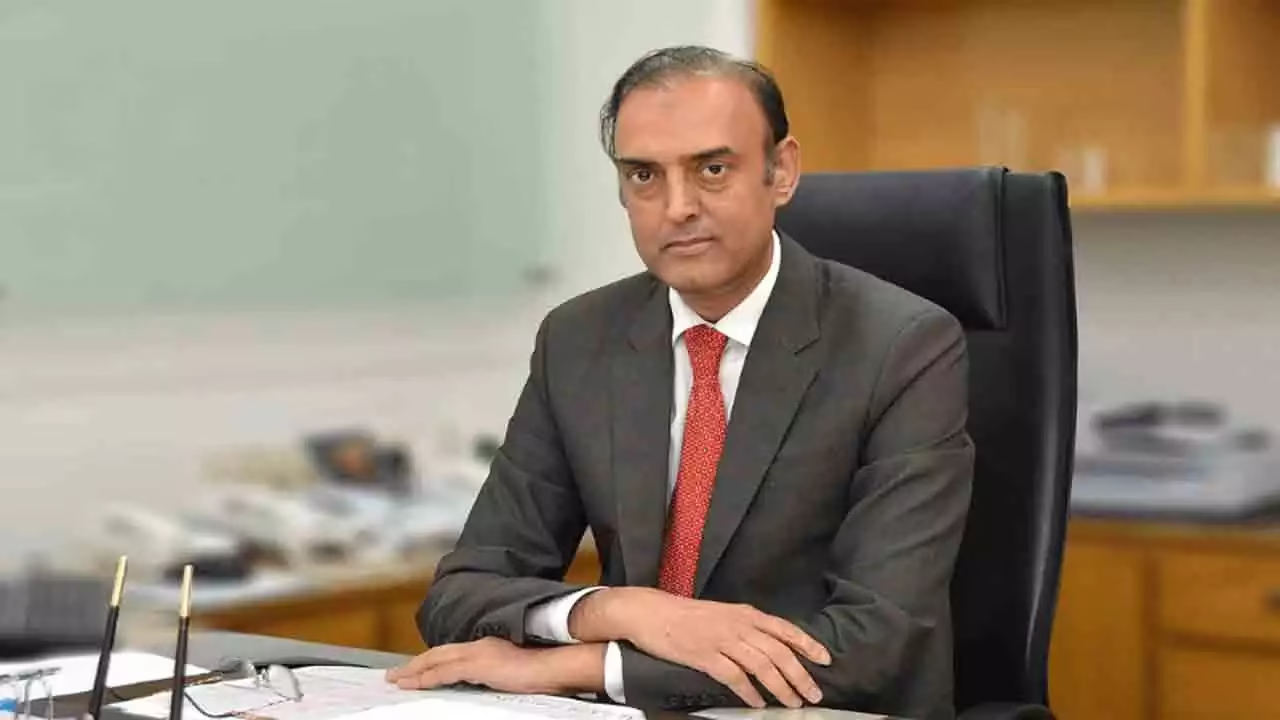Renowned Pakistani folk and Sufi singer Sanam Marvi has recently opened up about the criticism she faces for being a part of the entertainment industry while also performing religious pilgrimages such as Hajj and Umrah. In a recent appearance on a private TV program, the singer addressed the trolling, misconceptions, and negative remarks that often come her way whenever she fulfills her religious obligations.
The Criticism Over Her Religious Pilgrimages
Sanam Marvi shared that whenever she travels for Hajj or Umrah, she is met with harsh comments, particularly on social media platforms. Critics often say things like, She sings all year and now she is performing Hajj or Umrah or She will return from Umrah and start singing again.According to the singer, such statements are both unfair and hurtful.
She emphasized that singing is her profession and primary source of livelihood, much like any other form of work. Yet, despite the fact that her music is deeply rooted in Sufi tradition and cultural heritage, she still faces judgment from people who do not understand the balance between her career and her faith.
This Is Our Livelihood
Sanam Marvi stressed that music is not only her passion but also the way she earns a living for herself and her family. She questioned why critics fail to understand that performing arts can coexist with religious faith. Her performances, she explained, are not acts of irreligion but a professional craft that she has spent years perfecting.
In her words, Why don’t people understand that this is our profession and our livelihood?She pointed out that those who criticize her fail to see the dedication and discipline required in her line of work.
Choosing Silence Over Confrontation
The singer admitted that she often chooses not to respond to such criticism, as engaging in arguments rarely changes the mindset of her critics. She believes that silence is sometimes the best way to deal with negativity, especially when the people involved are unwilling to understand her perspective.
I think it is better to remain silent about such trolling because they don’t understand how dedicated we are to our profession,she stated.
A Broader Issue of Judgment in Society
Sanam Marvi’s experience highlights a broader societal problem — the tendency to judge public figures harshly without considering the nuances of their lives. In Pakistan’s entertainment industry, many artists face similar backlash when they engage in religious practices, as though their profession automatically disqualifies them from spiritual devotion.
According to a 2024 report on social media trends in Pakistan, online trolling has increased by nearly 18% in the past two years, with public figures being the primary targets. This reflects a growing culture of criticism that can be emotionally and mentally taxing for those in the spotlight.
Faith and Profession Can Coexist
Sanam Marvi’s story serves as a reminder that faith and profession can coexist without contradiction. Being a singer does not mean she cannot be a devout Muslim, just as working in other industries does not hinder one’s ability to perform religious duties. In fact, many artists across the world use their platforms to promote spiritual messages and cultural values.
Her own body of work often draws from Sufi poetry and devotional themes, proving that her music is not just about entertainment but also about sharing messages of love, peace, and spirituality.
The Need for Empathy and Understanding
Sanam Marvi’s appeal to the public is simple — approach others with empathy instead of judgment. People often forget that celebrities, despite their fame, are human beings with personal beliefs, struggles, and responsibilities. Constructive dialogue, rather than baseless criticism, can lead to a more understanding and tolerant society.
Her courage in speaking out against this form of prejudice may inspire others in the entertainment industry to stand up for their right to practice their faith freely without fear of public shaming.
The Sanam Marvi criticism incident sheds light on the challenges faced by artists who navigate between public careers and private faith. It calls for a shift in how society perceives the intersection of art and religion. As Sanam Marvi herself demonstrates, one can be both a dedicated professional and a devout believer, and the two identities can enrich each other rather than conflict.



